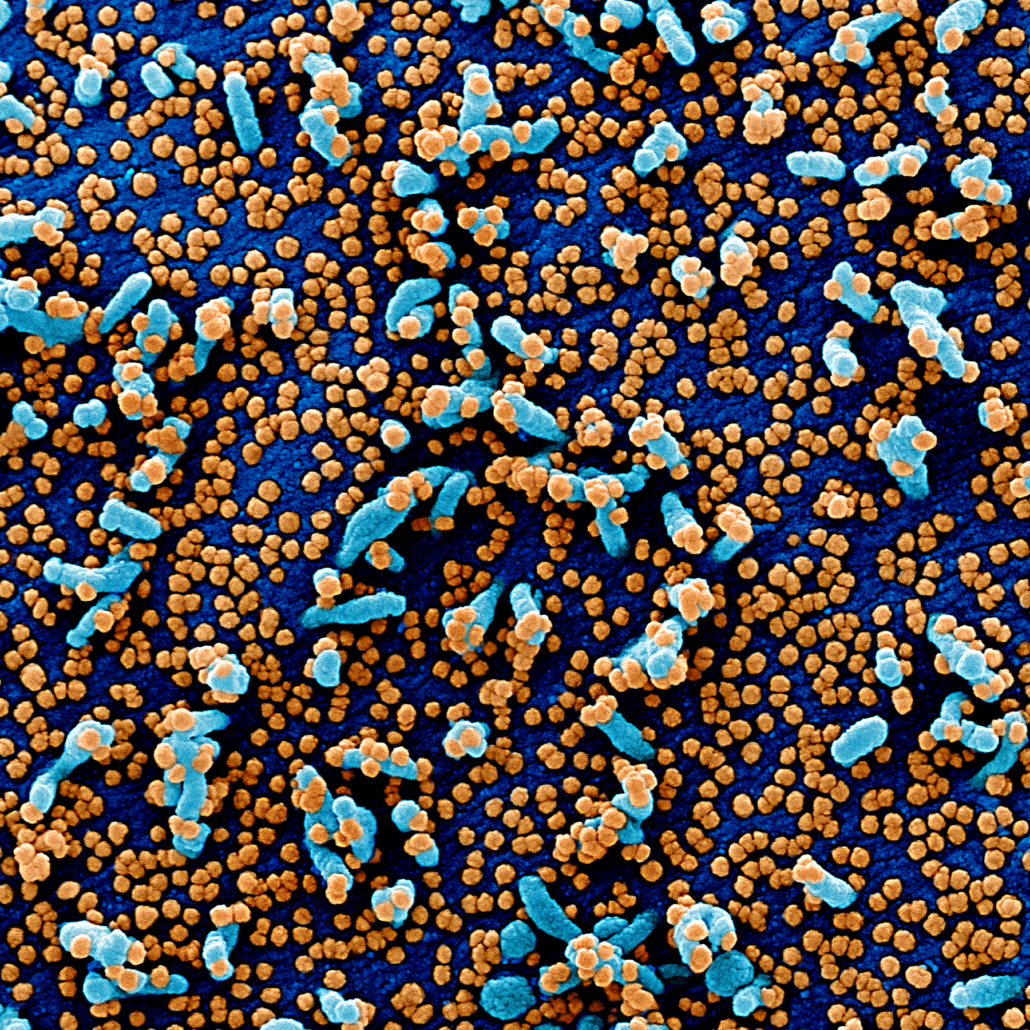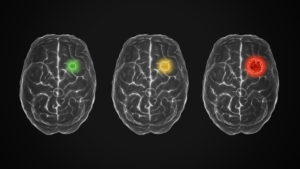
First drug found to reduce COVID-19-mortality
A clinical trial has identified the first immuno-modulatory drug to significantly reduce COVID-19 mortality in ventilated patients.
According to Principal Investigator Peter Horby from the University of Oxford, the cheap immunomodulatory drug dexamethasone helped reducing mortality by about one third in ventilated COVID-19 patients compared to the current standard of care. That means that one death could be prevented by this treatment out of around eight ventilated patients. The clinical trialin which 2,104 COVID-19 hospitalized patients received dexamethasone for 10 days (cost €16 per 10-day trial) vs. 4,321 patients receiving standard-of-care treatmentwas part of the UKs RECOVERY (Randomised Evaluation of COVid-19 thERapY) study that systematically combines potential COVID treatments and compares them with the current standard of care.
Dexamethasone reduced deaths by one-third in ventilated COVID-19 patients and by about 20% in other patients receiving oxygen only. There was no benefit among those patients who did not require respiratory support. Thus, dexamethasone is the first treatment that demonstrates a survival benefit for patients with this severe disease. By comparison, the hyped antiviral drug remdesivir (Gilead Sciences) only helped patients with a moderate condition but did not show a survival benefit (mortality rate of 7.1% vs. 11.9% for placebo).
The UK government stockpiled 200,000 doses of the drug. But the good news is that the pharmaceutical industry can produce enough of this steroid to treat about 5% of people infected with SARS-CoV-2 who need mechanical ventilation. Martin Landray, another Chief Investigators of the study said: "These preliminary results from the RECOVERY trial are very clear – dexamethasone reduces the risk of death among patients with severe respiratory complications. COVID-19 is a global disease, it is fantastic that the first treatment demonstrated to reduce mortality is one that is instantly available and affordable worldwide".
No other therapy has shown a recovery benefit until then. Still, as the drug is an immunosuppressant, it can eventually promote opportunistic infections.


 Unsplash+
Unsplash+
